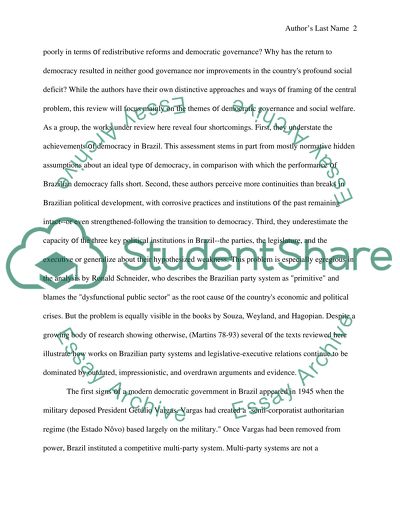Cite this document
(“Is it political culture, social cleavages or inherited institutions Essay”, n.d.)
Retrieved from https://studentshare.org/miscellaneous/1521648-is-it-political-culture-social-cleavages-or-inherited-institutions-that-has-the-most-significant-influence-on-the-current-problems-facing-the-consolidation-of
Retrieved from https://studentshare.org/miscellaneous/1521648-is-it-political-culture-social-cleavages-or-inherited-institutions-that-has-the-most-significant-influence-on-the-current-problems-facing-the-consolidation-of
(Is It Political Culture, Social Cleavages or Inherited Institutions Essay)
https://studentshare.org/miscellaneous/1521648-is-it-political-culture-social-cleavages-or-inherited-institutions-that-has-the-most-significant-influence-on-the-current-problems-facing-the-consolidation-of.
https://studentshare.org/miscellaneous/1521648-is-it-political-culture-social-cleavages-or-inherited-institutions-that-has-the-most-significant-influence-on-the-current-problems-facing-the-consolidation-of.
“Is It Political Culture, Social Cleavages or Inherited Institutions Essay”, n.d. https://studentshare.org/miscellaneous/1521648-is-it-political-culture-social-cleavages-or-inherited-institutions-that-has-the-most-significant-influence-on-the-current-problems-facing-the-consolidation-of.


